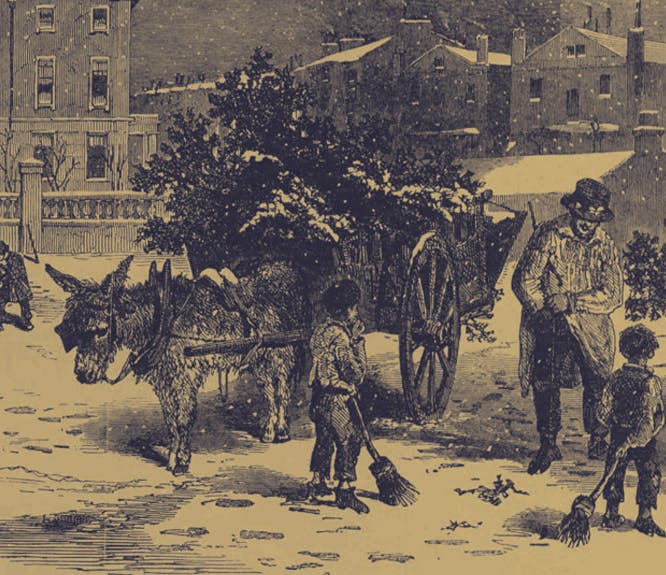10 Jobs That Don't Exist Anymore
5-6 minute read
By The Findmypast Team | August 31, 2016
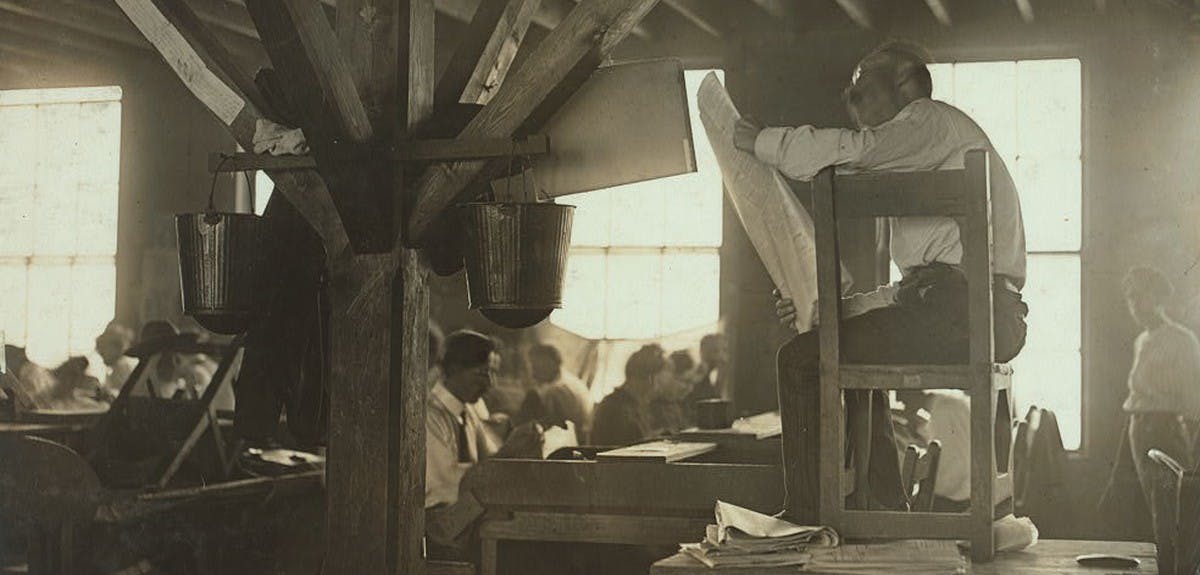
One of the most fun details to uncover in your family history is to see what your ancestors did for a living! Many of your ancestor's occupations are still around today, but some of those occupations aren't around anymore. Below is a list of 10 jobs that don't exist anymore! Were your ancestors any of these? Or were you even one of these?
In early telephone technology, when we didn't have our iPhones or Androids, making a phone call was much more complicated and required more people to do it! To make a phone call in the past, it required switchboard operators, or people who connected calls between two people. Were any of your ancestors switchboard operators?
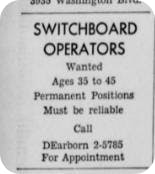
From Chicago Garfieldian January 27, 1949
Before bowling alleys adopted modern technology making everything almost completely automated, bowling alleys used to employ pinsetters! Pinsetters were in charge of setting up the pins, one by one, by hand, and were in charge of returning bowling balls to the players! Pinsetters, also called pinboys, would often go on to be professional bowlers.
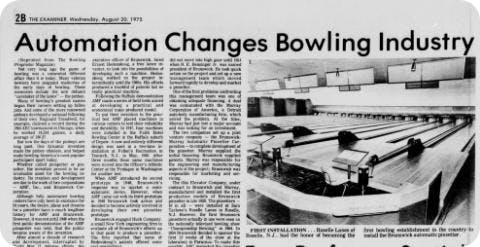
Article about the invention of modern bowling technology from Gettysburg Star and Sentinel December 27, 1924
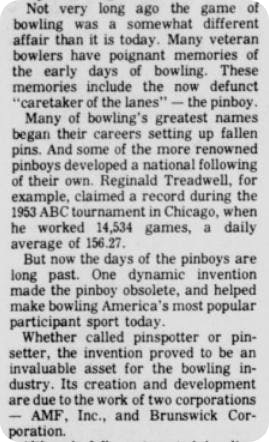
From Independence Examiner August 20, 1975
Back before we had exterminators and modern pest control, we had rat catchers! Rat catchers were employed to keep the rat population at bay to prevent the spread of disease in populated cities. Along with rat catchers there were also rat cart operators who went and collected all of the dead rats in carts for proper disposal!
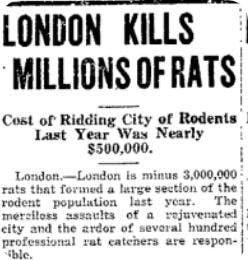
From Washington Post November 14, 1910
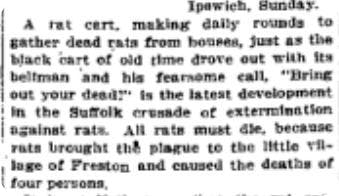
From Washington Post November 14, 1910
Resurrectionists were hired to exhume bodies from their graves for anatomical or medical studies and research. Resurrectionists operated primarily in the 18th and 19th centuries until access to cadavers became more readily available. This occupation wasn't very common and operated in grey areas of legalities, but it was definitely one unique job!
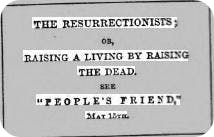
From May 11, 1878 - Aberdeen People's Journal
Before automated and electric street lights, people were employed to light each lamp light by hand. The lamplighters would walk along the streets and light each individual lamp by hand using a long staff. Once all the lights were lit, the lamplighter was done for the night. But lamplighters not only lit every street light, they also extinguished them in the mornings!
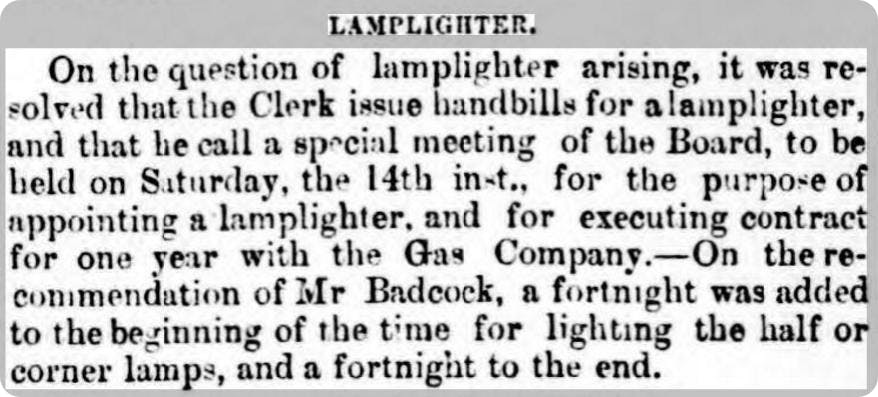
From August 11, 1869 - Teesdale Mercury - Barnard Castle, Durham, England
One particularly dirty job that does not exist anymore was that of a leech collector. A leech collector was employed to go out and collect leeches for medicinal use. Leeches were used in the 19th century for bloodletting, a practice of removing blood for therapeutic purposes. In order to collect the leeches, the leech collector would go and wade through swamps, bogs, or marshes letting the leeches cling to their bodies to bring back to the city. As seen in the article below, there are a lot of downsides to leech collecting!

From North Devon Journal August 3, 1854
Don't be fooled by the title! A gandy dancer actually doesn't have much to do with dancing at all! A gandy dancer was actually a railroad laborer, who worked at laying railroad tracks by hand before technology and machinery took care of it. How the term Gandy Dancer was adopted is debated, but one theory is that a bystander saw the movement the railroad workers made and it resembled a dance moving side to side! But as you can see in the newspaper clipping below, Gandy Dancers aren't entertainers!
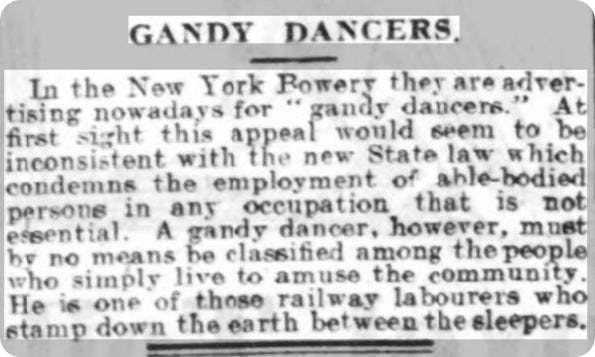
Evening Despatch August 3, 1918
Before we had modern refrigeration and air conditioning, our ancestors utilized ice and this ice had to be harvested. Since our ancestors didn't have access to heavy machinery and drilling equipment right away, people had to cut ice, manually. Ice cutters were teams of men who would go out to frozen lakes in the winters and cut ice and remove it by hand and later sell it. It was laborious work that consisted of cutting ice with ice picks and then using ropes to transport it.
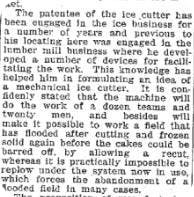
From March 4, 1909 - Waukesha Freeman - Waukesha, Wisconsin
Before we had cell phones, the internet, radio, and television, there were town criers. Town criers were individuals who would come into the streets and make public announcements for the town members. The town criers were employed so that those who were unable to read or write could still obtain the news and community announcements such as market days or proclamations, to name a couple. As seen in the newspaper article below, the town criers were often well-recognized and well-liked.
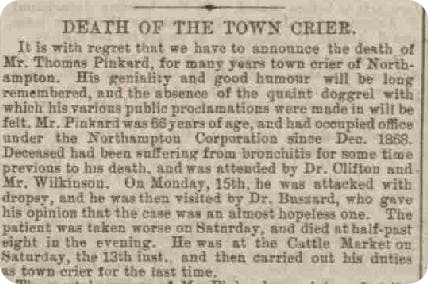
From Northampton Mercury June 27, 1885
To keep morale high and factory workers motivated, factories would hire readers or lectors to read the news or stories to the factory employees as they worked. The practice began in cigar factories in the Caribbean and Cuba, but later was adopted in Florida and New York City.

From Chester Times November 30, 1935
Some of these occupations are more outlandish than others, but these are the types of discoveries you can make in your own family history. Learning what your ancestors did for a living is a fun way to gather more unique details about your ancestor's day to day lives. What were your ancestors? Did you have any of these occupations?
Related articles recommended for you

Taylor Swift’s family tree shines with love, heartbreak and the triumph of the human spirit
Discoveries
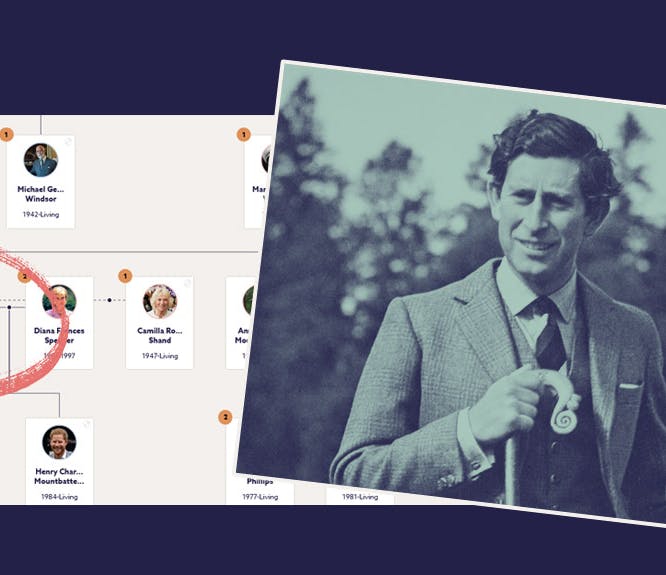
Who's who on King Charles III's family tree?
Build Your Family Tree

Doctor Who season 14: digging into the new Doctor's family tree and more
Discoveries
